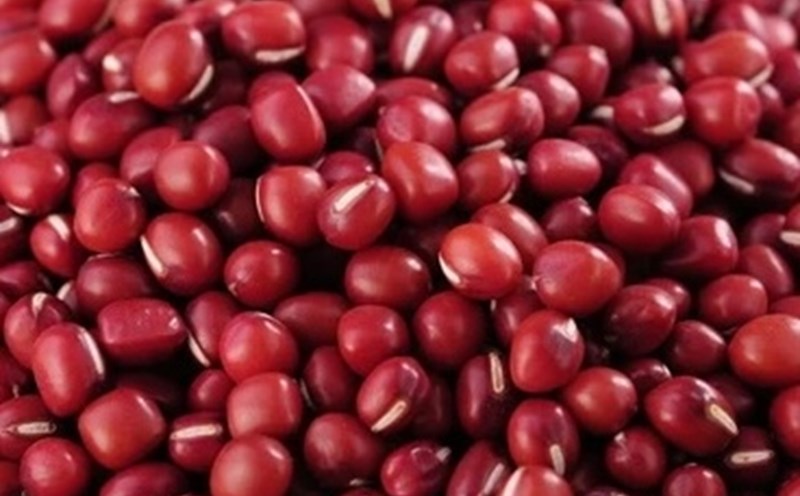When supplementation becomes risky
Vitamin D, commonly known as sunlight vitamin, helps strengthen bones, boost immunity and support mood. However, many people believe that the more you supplement, the better it is, while in reality this can be harmful.
Vitamin D toxicity (also known as vitamin D deficiency) often occurs when taking high doses of supplements for a long time, leading to increased calcium in the blood, causing nausea, muscle weakness, confusion or frequent urination.
We see that most vitamin D poisoning comes from supplements, not diet or sunlight, says Dr Michael Holick, professor of medicine at Boston University (USA). Blood testing is the only way to determine if the body needs more vitamin D.
A person with a test result of around 2050 ng/mL often does not need to supplement. Conversely, overdose can lead to vitamin D excess, causing neurological, muscular and digestive disorders.
5 signs you don't need to supplement vitamin D
Experts recommend paying attention to early warning signals from the body before deciding to take more vitamin D:
Regular blood tests: If vitamin D levels are at the optimal level, additional supplementation is unnecessary.
No symptoms of deficiency: Fatigue, bone pain or muscle weakness are typical signs of vitamin D deficiency. If you feel healthy, your body may already have enough nutrients.
Supplemented exposure to sunlight: Just 10 - 30 minutes of exposure to sunlight a few times a week can provide enough vitamin D.
Diet rich in vitamin D: Fatty fish, supplements, egg yolks all help maintain natural vitamin D levels.
Signs of vitamin D excess: Nausea, constipation, muscle weakness or frequent urination are warnings that the body is in excess.
Dr. Susan Lanham New, Head of the Department of Nutrition, University of Surrey (UK), emphasized: Adults only need 400 - 800 IU of vitamin D per day. Poisoning usually only occurs when supplemented with over 10,000 IU/day for many weeks."
Experts also note that people with kidney disease or who use multiple supplements at the same time need to be especially careful because of the higher risk of poisoning.
If you suspect you are taking too much vitamin D, stop taking the supplement immediately and consult your doctor. Blood testing will help accurately determine the condition and prevent complications of the kidneys or heart.
The important thing is not to drink as much as possible, but to maintain balance. The body only needs a reasonable amount to be healthy," Dr. Holick emphasized.








